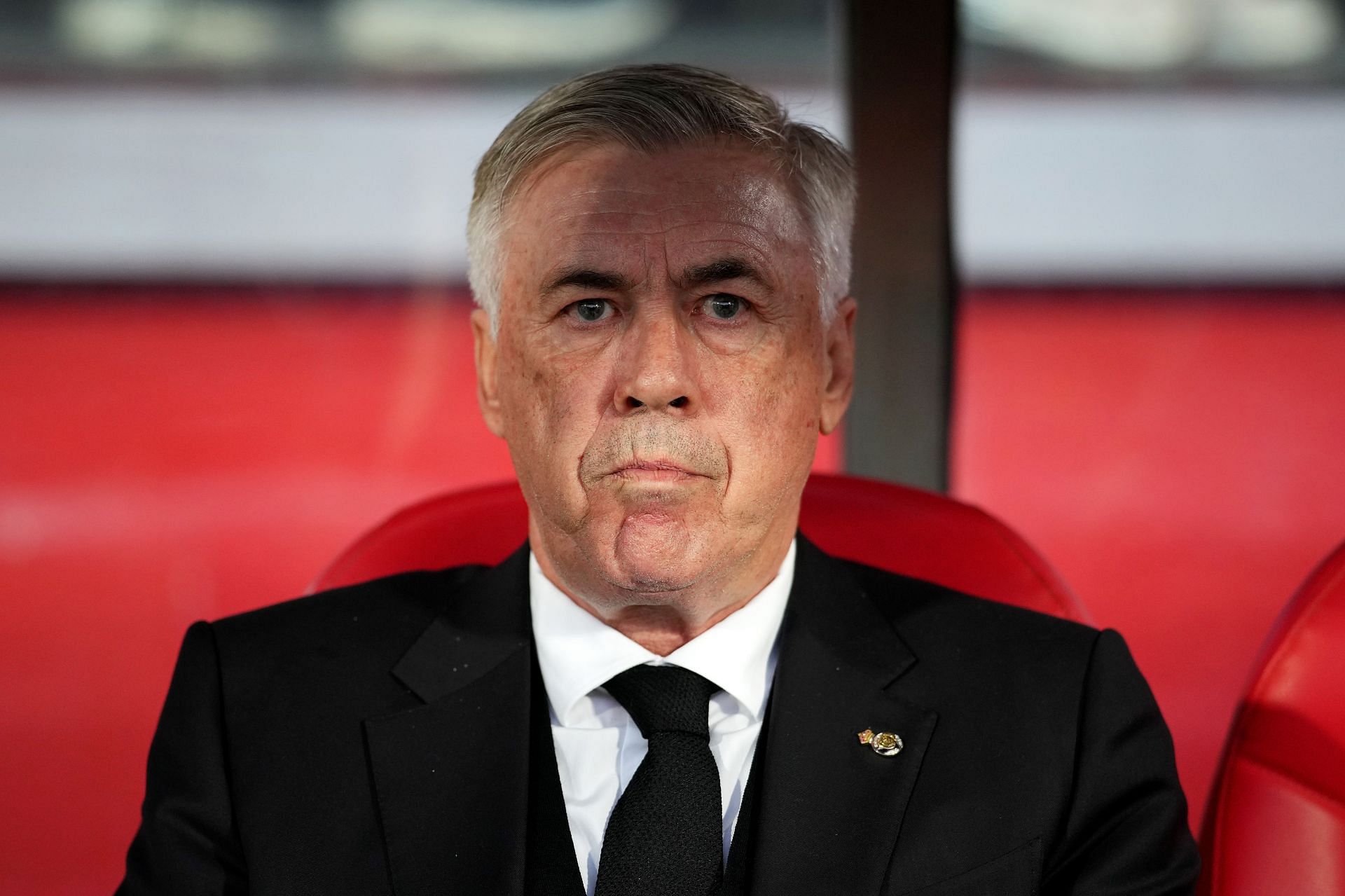By Professor Bernd Vogel
It’s not always easy to be a positive leader in the face of challenge and turmoil, but the impact of an optimistic outlook on business and society could be a game changer.
South Africa is a country with every reason to put its head in its hands right now, but it is not alone.
While ongoing load shedding, greylisting, corruption and economic stagnation at home are hard to swallow, the world at large
is also in a state of uncertainty and flux.
Despite these challenges, there are remarkable leaders in business and society who are still managing to stay positive.
This sort of leadership response does go against the grain. In a 2019 article in Harvard Business Review, Eileen Y Chou from the University of Virginia in the US explained why human psychology predisposes us to back vitriolic and negative leaders. “In actively criticizing, negating, or refuting another person or entity, naysayers could be perceived as acting independently, according to their own agency – a key determinant of power,” she wrote.
“This, in turn, fuels the perception of naysayers’ power as being untethered from any social constraints or other people’s resources, making them seem all the more powerful.”
For some reason, when the going gets tough it’s often easier for us to shirk our responsibility as leaders to inspire, and rather leap into playing the blame game. This negative response ultimately chips away at the vision and direction which people expect, and need, from their leaders – especially when the terrain ahead is uncertain. Which is why those leaders who are resisting the temptation to lapse into negative rhetoric and instead seek answers and identify opportunities with empathy and resilience are worth celebrating – and listening to.
Leaders like Dr Dulcy Rakumakoe, a social entrepreneur and CEO of affordable healthcare supplier Quadcare, and Dr Mélani Prinsloo, an academic and the co-founder of the research and knowledge hub Infusion and tech start-up Helium, who shared a podium with me last month at the launch of the Henley Centre for Leadership Africa.
Dr Rakumakoe, an activist, change maker, medic and even part-time DJ, is someone guided by a firm desire to give back to her community. Since she wears so many hats, she says that she looks to surround herself with other positive people, seeking out partners and collaborators who share her vision of broadening access to healthcare. She takes inspiration from leaders across the spectrum, from community leaders to high-powered CEOs and especially from young entrepreneurs. Optimism is a choice that leaders can make, she says, commenting: “Leadership is about seeing beyond what is currently happening and being able to imagine what the world will look like in the future… If we aren’t optimistic then it’s all doom and gloom.”
Dr Prinsloo also takes inspiration from the energy and optimism of young African entrepreneurs and finds that this exposure can help to shift old mindsets and mental models about how the world should work, specifically around organisational efficiency and work ethic expectations. “Just because something is informal, doesn’t make it less than, just different,” Dr Prinsloo said, adding that she had been challenged to recognise and respect the rhythm of the South African communities with which she worked while writing her PhD.
By being prepared to shift her position and point of view, Dr Prinsloo and her team were able to create more employment across the community and learn valuable lessons in sufficiency, motivation, generosity, mutual respect, and support.
In a world that is – to quote the newspaper headlines – increasingly unpredictable and chaotic, Dr Prinsloo learned not to rage against the machine (apologies to the rap-metal band of the same name) but rather to take a lighter hand and adapt her existing
leadership approach.
For those of us who study leadership resilience and adaptability, this is a bankable example of how leaders can drop their assumptions or ignorance and strict adherence to business models and strategic plans, and find ways to adapt
to new, changing, and unfamiliar situations. This is a crucial debate that needs to go beyond the individual and the optimistic behaviour and approaches of leaders themselves and consider ways in which to embed optimistic responsiveness across organisations.
As a young and exciting continent, Africa’s future success may well hinge on taking an innately optimistic approach and formalising this. Then, young leaders, as they progress are equipped with the ability to manage increasingly
complex environments without becoming overwhelmed or forgetting the responsibility they shoulder when it comes to their communities and their countries. Formalising and articulating this lived leadership experience, particularly in a country such as South
Africa and a continent like Africa, which have so many complex developmental challenges, could add significantly to the global debate around relevant and responsive leadership.
An emerging framework for African leadership could take into consideration the points raised by Drs Rakumakoe and Prinsloo around collaboration, optimism, being in sync with the needs of communities, listening and being adaptable
to changing environments. It is also particularly important to consider how dynamics and needs change over time, and the fact that leadership works in different directions; not just in a downward trajectory. Our world needs good lateral leadership in an organisation,
as well as those who can lead upwards as we challenge the C-suite.
To foster this kind of leadership that involves the many, we need to start by making more room for debate and to create platforms where we can engage with new ideas and share opinions and insights on what works and what doesn’t.
Nothing is worse than when we all always agree; after all, out of disagreement comes growth.
Right now, we are seeing old ways being actively challenged by new generations and emerging mindsets. This has profound implications for both individuals and organisations. Instead of shying away from the debate, wouldn’t it be refreshing
to instead amplify it? By creating space for engagement, we can start to shape a new paradigm of African leadership – and then share this with a world in urgent need of new direction.
Professor Bernd Vogel is director of the Centre for Leadership at Henley Business School and the founding director of the Henley Centre for Leadership Africa that was launched in Johannesburg in March.
BUSINESS REPORT
















